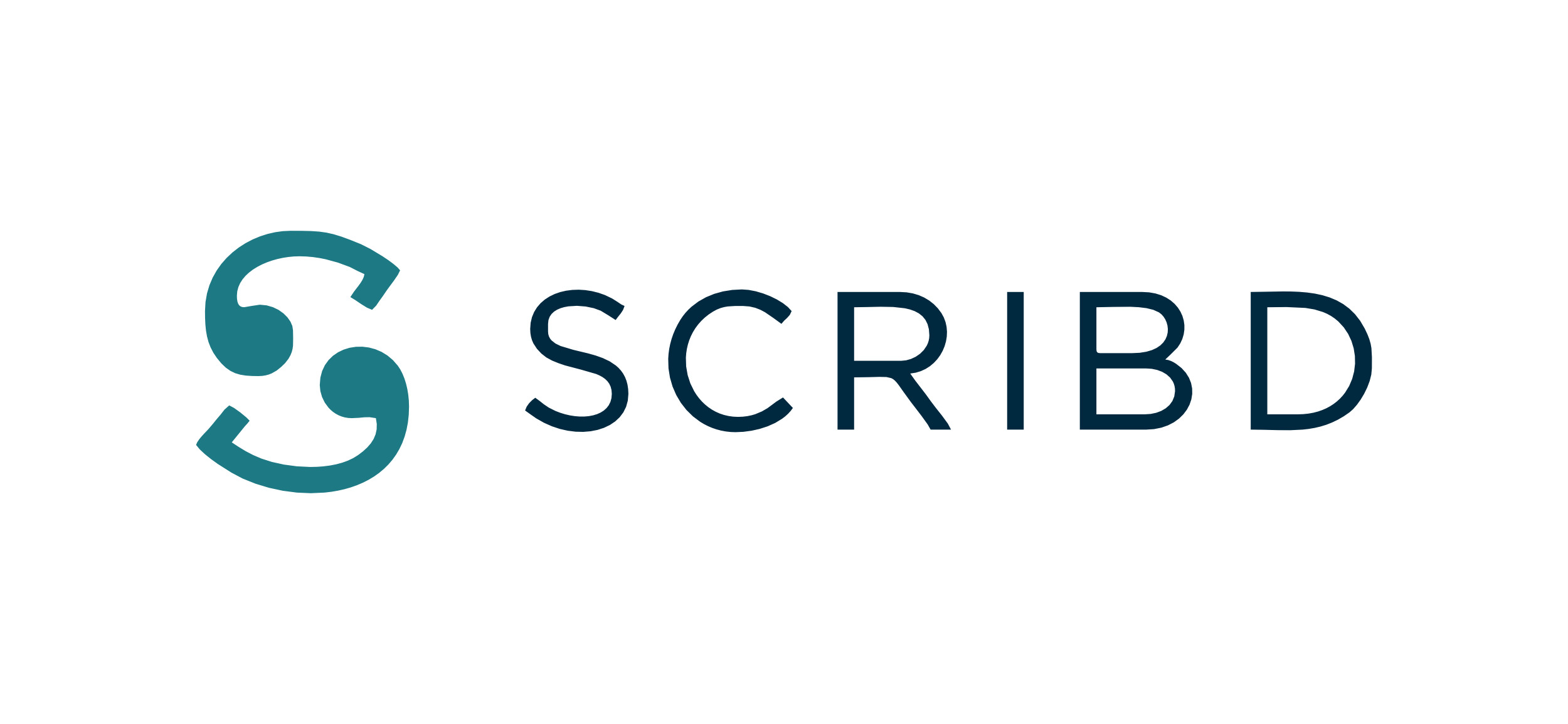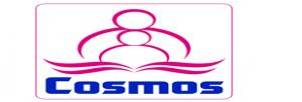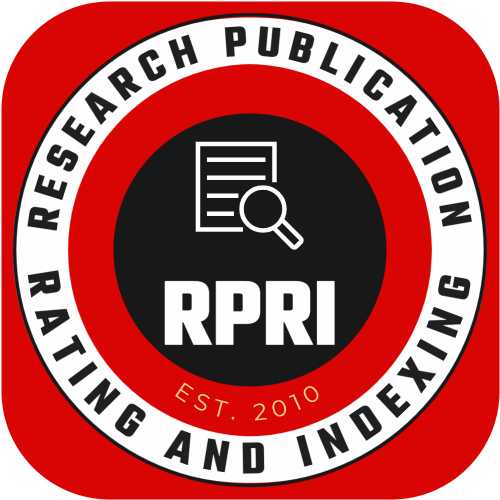As when the number of individuals using the Internet has skyrocketed in recent years, recommendation system has emerged as one of the most prominent areas of research in natural language processing (NLP). By using sentiment analysis, the unstated feelings contained within the text may be mined in an efficient manner for a variety of purposes. During the COVID-19 eruption, a significant number of people are use various forms of social media to both receive and distribute various sorts of information. The evaluation of people's feelings gleaned by mining such material may be a crucial component in the decision-making process for maintaining command of the situation. The purpose of this research is to have a better understanding of how Indian individuals feel about the statewide lockdown that has been imposed by the Indian government in an effort to slow down the pace at which Coronavirus is spreading. In this study, natural language processing (NLP) and machine learning classifiers were used to conduct sentiment analysis on tweets that were submitted by Indian residents. It was determined that there were a total of 12,741 tweets using the phrases "Indialockdown" during the dates of April 5 and April 17, 2020. Data have been retrieved from Twitter and used the Tweepy API, annotated utilising the TextBlob as well as VADER lexicons, and highly processed utilising the natural language tool package that is made available by Python. In order to categorise the data, we used a total of eight distinct classifiers. With the Linear SVC classifier using unigrams, this experiment was able to obtain the greatest accuracy possible of 84.4%. According to the findings of this poll, the majority of Indian residents agree with the choice of the Indian government to execute a shutdown during in the coronal outburst. One and a half months later, on March 11, 2020 COVID-19 is classified as pandemic [4]. Coronavirus disease (COVID-19) is an infective pandemic caused by a newly discovered virus named Corona. Most of the formidable diseases are generated from unhygienic habits. Hygiene measures and sanitation, such as hand washing, could play an important and costeffective role in reducing the spread of pandemics, such as the COVID-19 [5]. The disease causes respiratory illness (like the flu) with symptoms such as cough, fever, and in more severe cases, difficulty breathing. Mostly, the symptoms in the person infected with COVID-19 are low to medium respiratory illness and recover without any specific treatment. Aged persons and those already having some medical issues like chronic respiratory disease, diabetes, cancer, and cardiovascular disease are more vulnerable to acute infection from COVID-19. We can protect ourselves by avoiding touching our faces, washing our hands frequently, and avoiding close contact (1 m or 3 feet) with the unwell people. The most likely ways of spreading COVID-19 are the following: direct contact with an infected person; contact with the droplets of a virus carrier; or direct touch of contaminated objects or surfaces with COVID-19 virus, and then rubbing the nose or touching the mouth [6]. At this time, there are no specific vaccines or treatments for COVID-19, and this new pandemic creates fear for the world because of its estimated mortality rate of 2%–5% [7]. The most cost-effective ways to become safe are precaution and social distancing in the absence of vaccination for this infectious disease. Social distancing is a crucial way to limit the spreading of the COVID-19 pandemic, where different physical distancing restrictions are applied to fight against COVID-19 [6]. People are advised to stay at their homes and to ensure social distancing almost all the countries enforced lockdown to ensure social distancing at public places. In the history of human civilization, these times were never experienced where the whole world has been residing under lockdown [8]. Lockdown is an exigency protocol that forbids people from moving freely in public places. A total lockdown means people must stay wherever they are and not even go outside their building. We can understand lockdown as the curfew with some relaxation to essential services. All non-essential services are closed for the full lockdown period. More than 200 countries, areas, and territories are rapidly impacted by the COVID-19 pandemic [9]. Being the most affected country in the month of March 20, Italy enforced a nationwide lockdown on March 9, 2020.
Keywords :
Author : V KALYANI, J BHUVANESHWARI, G DEVI, N LAXMI SOWJANYA
Title : Sentiment Analysis of Lockdown in India During COVID-19: A Case Study on Twitter
Volume/Issue : 2025;02(05)
Page No : 62-74






























